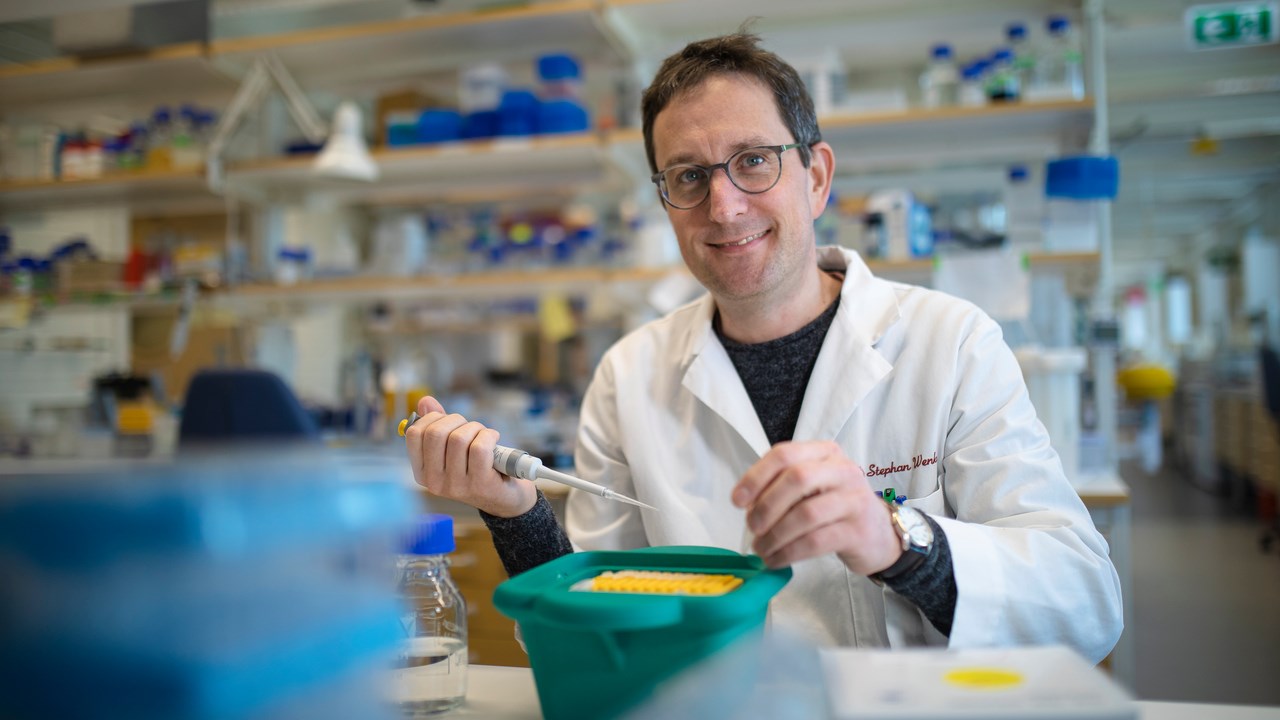About the ERC Synergy Grant
The ERC Synergy Grant is a funding initiative designed to support small teams of scientists tackling significant research issues for some of the world’s most pressing research challenges across various scientific disciplines.
The ERC Synergy Grant encourages researchers to combine their diverse skills, knowledge, and resources, fostering collaboration that leads to innovative scientific inquiries and the development of new methods and techniques. This grant scheme is part of the European Union's research and innovation program, Horizon Europe.



